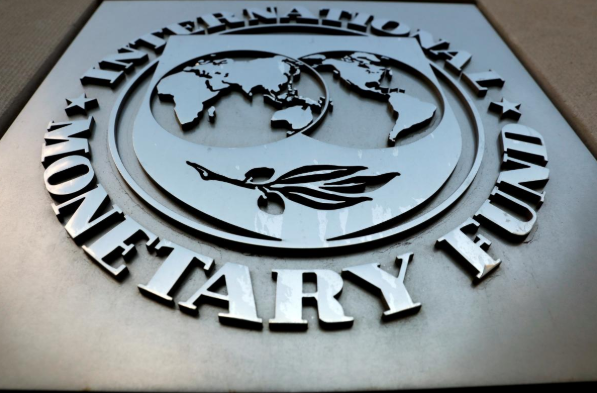Some Gulf countries have recently tried to persuade the government to go back to negotiations with the IMF on a $2 billion loan, but the Finance Ministry rejected the matter, saying that the Egyptian economy does not currently need a loan, after the gap in the budget had been bridged through Arab aid, say government sources.
Economic-related Ministers recently received intensive calls from officials in Saudi Arabia and the UAE in an attempt to convince them to return to IMF negotiations, which had been halted after the 30 June protests, on the pretext that acquiring a certificate of trust from the IMF gives the economy a chance to get other aid from Europe.
The Egyptian government assured the Arab and international parties that there was no need to borrow, stressing that the Arab donor countries can send technical delegations to Cairo to monitor economic indicators and ensure their stability. The government added that the cooperation with the funding continues is in the framework of technical support.
An official with ties to the file of Egypt's relations with the International Monetary Fund said that Saudi Arabia had invited Egyptian governmental and private parties to participate in the conference organized by the IMF in collaboration with the International Finance Corporation and the Council of Chambers of Commerce and Industry of Saudi Arabia in Riyadh on 3 December.
The conference will be attended by a large team of IMF officials, in addition to government officials, bankers and representatives of the private sector from several Arab countries, including Egypt, Saudi Arabia, UAE, Kuwait, Lebanon, Bahrain, Qatar and some North African countries.
The source said that Egypt has changed its position to enter new negotiations with the IMF on borrowing, but said that if the government plans to go back to negotiations, it would not happen before the middle of next year, and the amount of money that the government intends to negotiate for will not exceed $2 billion.
Senior IMF officials will participate in the activities of this conference, including IMF managing director Min Zhu, IMF Middle East and Central Asia director Alfred Kammer, and assistant director of the International Monetary Fund in the Middle East and Central Asia Tim Cullen.
Edited translation from Al-Masry Al-Youm




